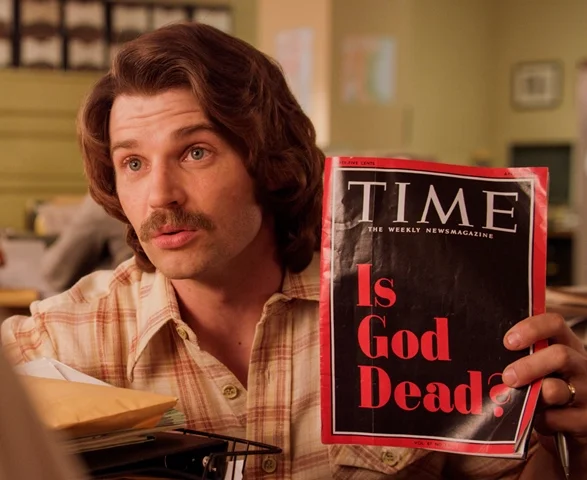Try to imagine the media storm if the following drama ever took place under the hot glare of television lights in a U.S. Senate hearing.
So a Muslim believer who has been nominated for a cabinet-level post is taking questions. A Bible Belt senator asks: "Do you believe that Jesus is the Son of God?"
Or perhaps a senator from a New England state – say Sen. Bernie Sanders of Vermont – asks the nominee: "Do you think Christians who believe in the Holy Trinity will be condemned because they reject the oneness of God?"
Ismail Royer knows what would happen if he faced those questions. He would defend one of Islam's core doctrines.
"I believe Jesus was a prophet of God, but not God himself," said Royer, who works at the Center for Islam and Religious Freedom in Washington, D.C. "I'd have to say that worshipping Jesus alongside God amounts to polytheism and is a rejection of the one God. There is no way that I could apologize for what I believe as a Muslim."
A purely hypothetical case? Not after a recent confrontation during a U.S. Senate budget committee hearing on the nomination of Russell Vought to serve as deputy director of the White House Office of Management and Budget.
Sanders questioned a Vought article about a Wheaton College controversy, in which a professor made headlines with her claims that Christians and Muslims worship the same God. As a former Wheaton professor, Vought argued that salvation was found through Jesus – period.
Thus, Sanders said: "You wrote, 'Muslims do not simply have a deficient theology. They do not know God because they have rejected Jesus Christ, His Son and they stand condemned.' Do you believe that that statement is Islamophobic?"
The nominee repeated his defense of this ancient Christian doctrine. Sanders kept asking if Vought believed that Muslims "stand condemned."
Once again, Vought said: "Senator, I'm a Christian …"





